Recent and highlighted publications are listed here. For a full list of Jan Strugnell and Ira Cooke’s publications check out their Google Scholar pages.
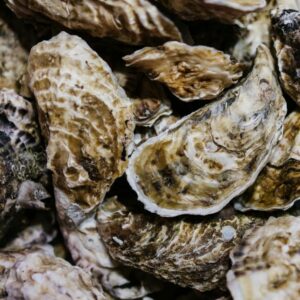
Tropical blacklip rock oysters are great at gobbling up nutrients
Ben Rennie led a great study as part of his Masters project to investigate filtration rates and the bioremediation potential of the tropical blacklip rock oyster, Saccostrea lineage J, which was published in Aquaculture Environment Interactions. The study found that the Blacklip Rock Oysters significantly reduced total nitrogen, total phosphorous, ...
Read More
Read More
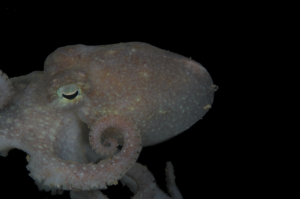
Octopus DNA predicts future West Antarctic ice sheet collapse
Sally Lau led a fantastic study published in Science which used octopus DNA to discover that the West Antarctic Ice Sheet (WAIS) likely collapsed during the Last Interglacial period around 125,000 years ago - when global temperatures were similar to today. This provides the first empirical evidence that the tipping ...
Read More
Read More
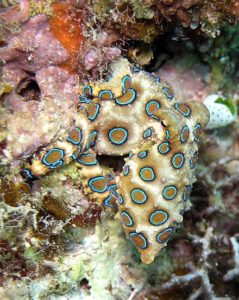
There are many more blue-ringed octopuses than you think there are…..
Brooke Whitelaw led a fantastic study investigating species diversity in the iconic blue-ringed octopus genus, Hapalochlaena. Using genome-wide SNP data and mitochondrial loci, Brooke found 11 relevant taxonomic units - likely all species, suggesting MUCH greater diversity than is currently described! The origin of the genus Hapalochlaena was predicted to ...
Read More
Read More
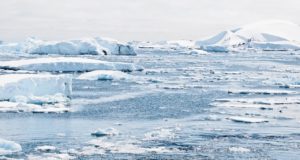
Genomic evidence for West Antarctic Ice Sheet collapse during the Last Interglacial Period
The latest in Antarctic research from the Marine Omics lab, Sally, Ira and Jan used a novel genomic approach to answer if the West Antarctic Ice Sheet (WAIS) had collapsed during the Last Interglacial period, and they did so by looking into the genomic loci of an Antarctic octopus (Pareledone ...
Read More
Read More
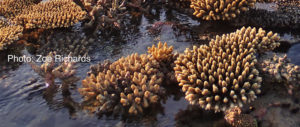
DNA reveals the past and future of coral reefs
A new paper by Jia in Molecular Biology and Evolution showcases the power of whole genome sequencing to understand adaptive evolution in corals. Thanks to our collaborators in Western Australia we were able to obtain samples for deep WGS on 75 corals, including samples from the inshore Kimberley reefs and ...
Read More
Read More
Emerging biological archives can reveal ecological and climatic change in Antarctica
Jan led a paper with co-authors from Securing Antarctica’s Environmental Future (SAEF) to highlight the utility and power of biological archives to understand past ecological and climatic change in Antarctica. Biological archives included extant moss beds and peat profiles, biological proxies in lake and marine sediments, vertebrate animal colonies, and ...
Read More
Read More
Is the Southern Ocean ecosystem primed for change or at the cliff edge?
New editorial by Sally and Jan in Global Change Biology (full article here), explores the unprecedented environmental risks and consequences that the Southern Ocean is experiencing from current climate change. They also outlined that knowing how benthic fauna persisted through environmental extremes in the past may inform future predictions. Right ...
Read More
Read More
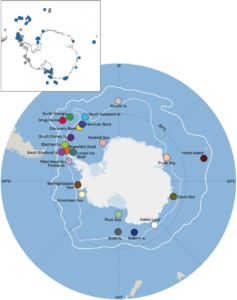
Evolutionary innovations in Antarctic brittle stars linked to glacial refugia
New paper by Sally, Catarina and Jan in Ecology & Evolution, uses COI sequences to investigate the population genetic patterns of the Antarctic brittle stars Ophionotus victoriae and O. hexactis with contrasting life histories (broadcasting vs brooding) and morphology (5 vs 6 arms). They found that, throughout the Pleistocene glacial ...
Read More
Read More
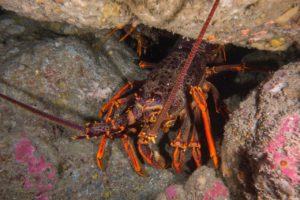
Global drivers of recent diversification in a marine species complex
New paper by Catarina and Jan in Molecular Ecology, (full article here), investigates genome-wide divergence, introgression patterns and inferred demographic history between species pairs of all six extant rock lobster species within the genus Jasus - species with a larval duration of up to two years. Funded by the Australian ...
Read More
Read More
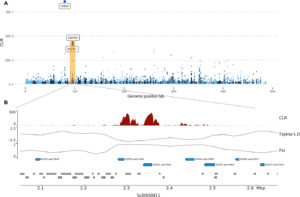
Reference Genome and Population Genomics of coral (Acropora tenuis) on the inshore Great Barrier Reef
New paper by Ira, Jan and Jia in Science Advances (full article here), uses shallow whole genome sequencing to look at demographic history and selection for Acropora tenuis. The main findings are outlined in this tweet thread. Maria Nayfa also made this nice video of Ira explaining why genomes are ...
Read More
Read More